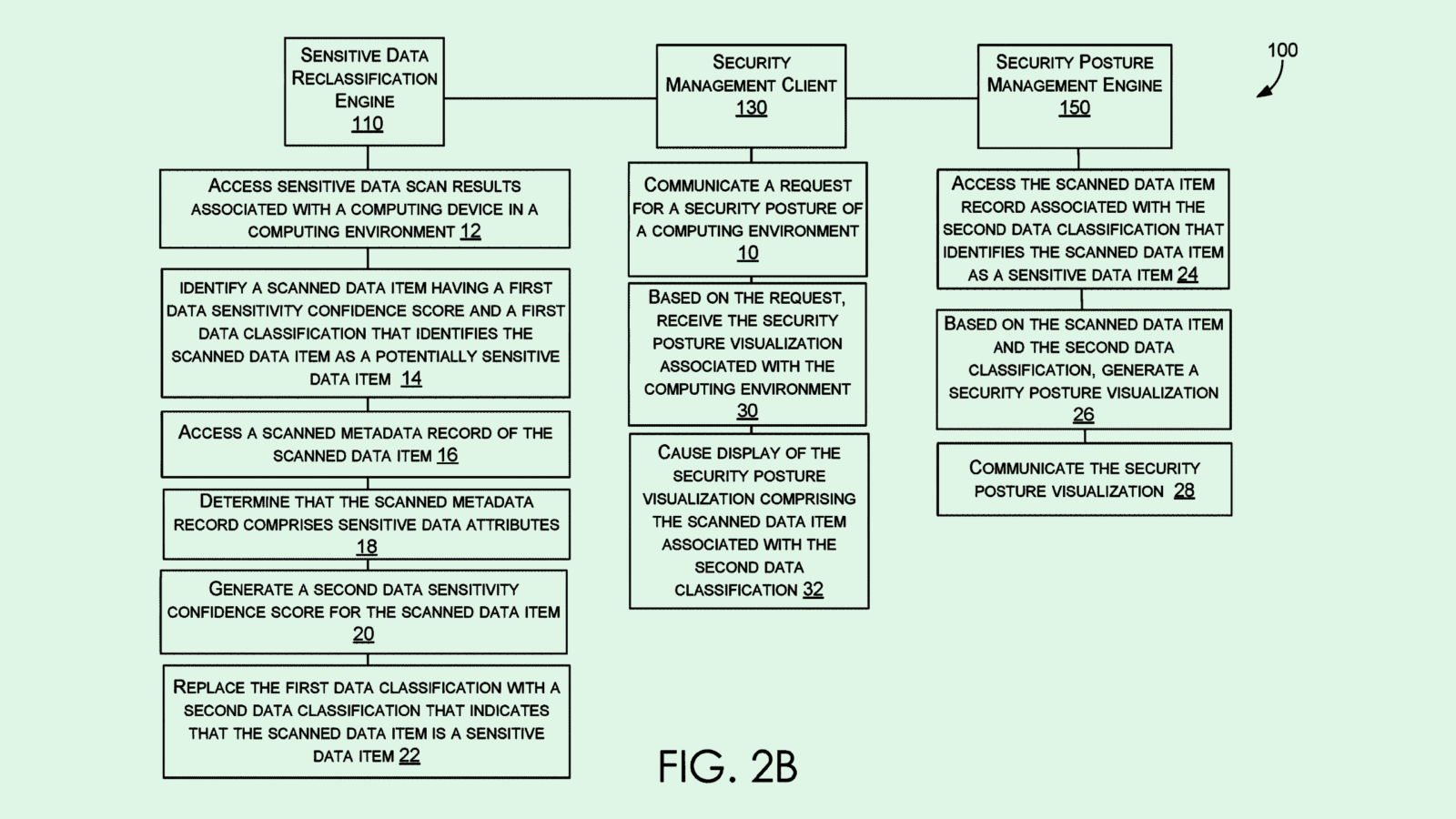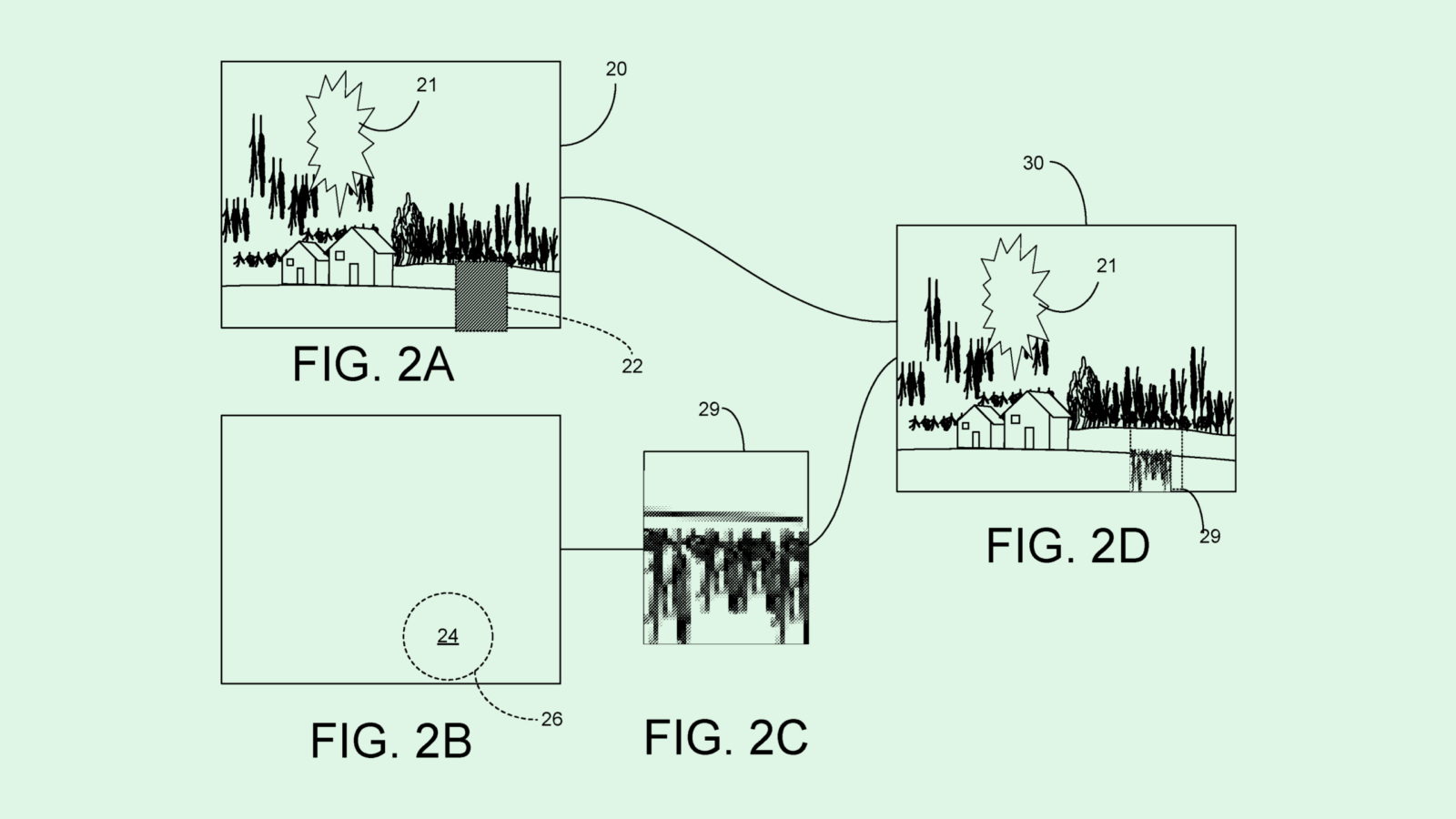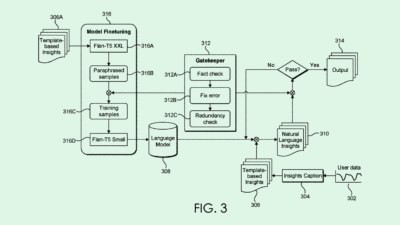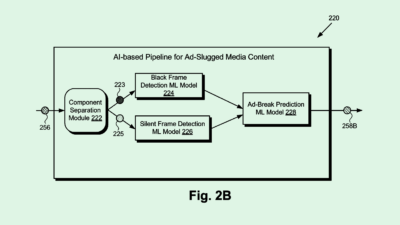Google Patent Turns Search Results into Conversations
Google wants to give search results more back-and-forth.
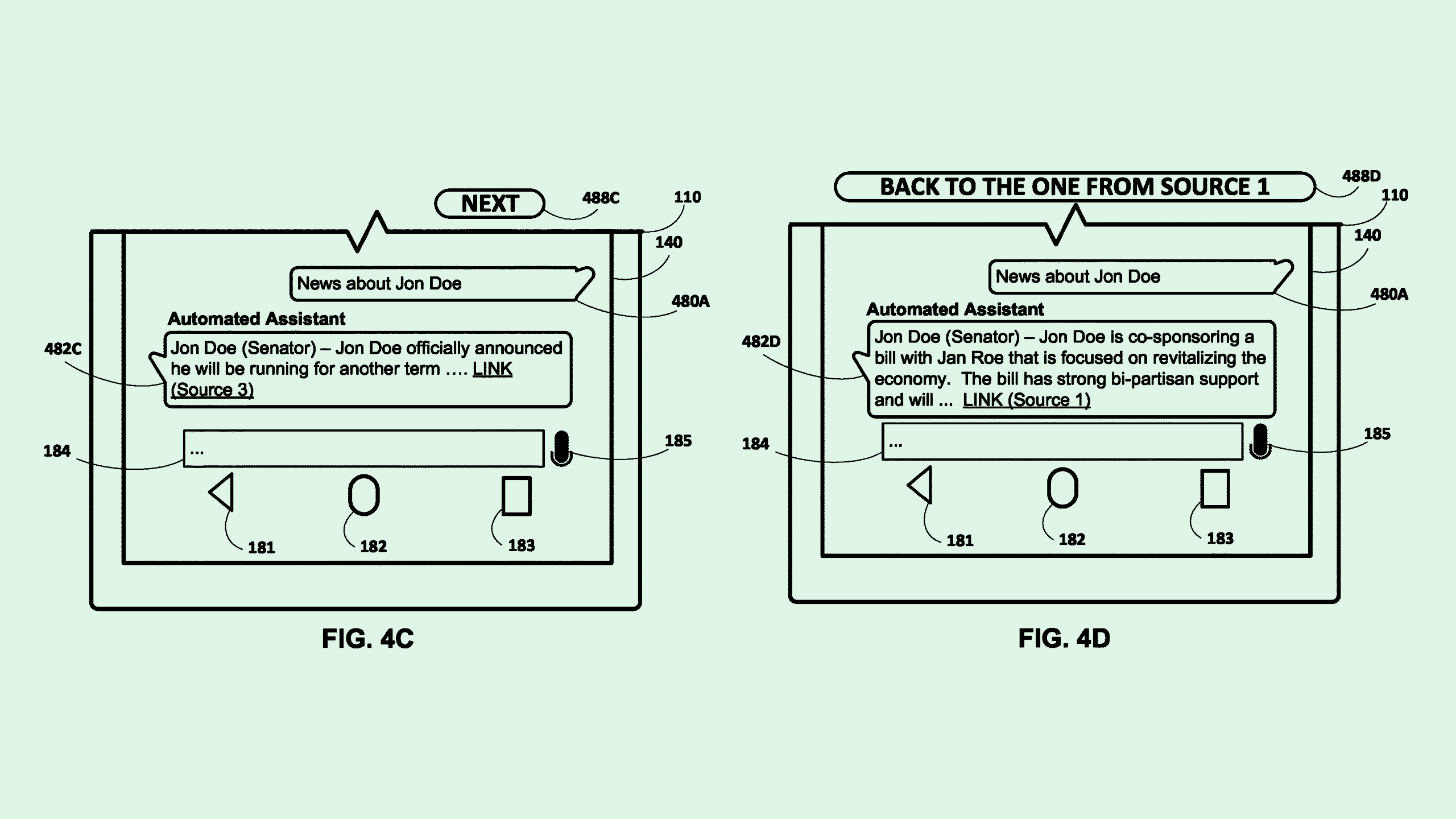
Sign up to uncover the latest in emerging technology.
Google may want its users to have a say in their search results.
The company is seeking to patent a system for “using user input to adapt search results” provided in an automated assistant context. Google’s system modifies search results based on user feedback in a turn-based conversation.
Many automated assistants lack the ability to adapt when presenting search results. These assistants often need to redo tasks when they get things wrong, eating up computational resources and making the user experience tedious, Google noted. This system aims to fix the existing constraints of an automated assistant presenting search results to users.
When a user asks the automated assistant to search for something, and the automated assistant presents options that aren’t suited to the user’s needs, the user would be allowed to respond with more detail on their requests. The assistant would then take those suggestions and modify the search results, in some examples using deep neural networks to get a better grasp on what the user is asking.
Within this context, Google’s assistant and the user could go back and forth until the user is satisfied with the results. Google noted that this could be operated through both spoken inputs and text inputs, such as a chatbot.
For example, if a user asks an automated assistant for “News on John Doe,” the system may pull up different headlines relating to that topic. The user could flip through these or request different headlines by saying or typing “next,” “more like this,” or any other input to give more detail.
Google is on a mission to embed AI into every part of its business – including its digital assistants. This patent adds to a pile of applications from Google that aim to make its assistants smarter, including multimodal and context-aware agents, as well as emotion-reading technology for smart speakers. The company added several new features to its AI assistant, called Gemini on Android, at its Google I/O conference earlier this month.
The new capabilities include integrating easy-to-use AI-generated images into Gmail, Google Messages, and other apps, adding AI-generated summaries to YouTube, and a paid feature that allows users to ask questions about documents. The company also debuted Gemini Live, allowing in-depth voice chats via phones.
Google’s search results got a makeover, too: The company started widely rolling out AI Overviews, its AI-generated summaries, to its search platform in mid-May. However, in several instances, it’s gotten things hilariously wrong due to hallucinations in which it understands misleading information or sarcasm as fact.
For example: When asked how many rocks a person should eat in a day, it recommended to one user to consume “at least one small rock per day,” referencing a 2021 article from The Onion. When another asked how to make cheese stay on pizza, it recommended adding non-toxic glue to the sauce, referencing a 2011 Reddit post.
However, because this patent deals directly with search, if it gets the same Gemini treatment that the rest of Google’s suite has gotten, the company may have to consider the fact that AI has a tendency to mess up.




